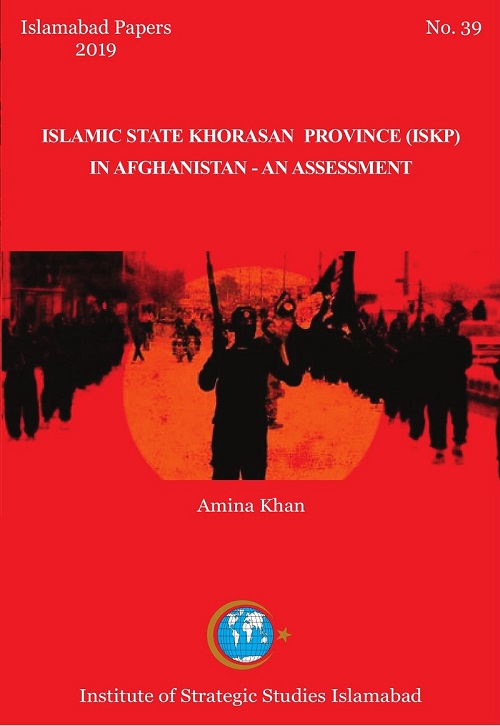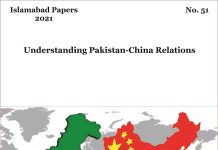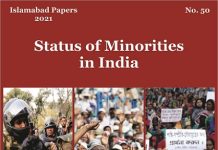Abstract
Since its emergence, the Islamic State Khorasan Province (ISKP) or Daesh, has brought immense confusion and disorder to the already complex state of affairs in Afghanistan. The group has been responsible for some of the deadliest attacks the country has witnessed in its recent history. Although ISKP presence had initially been denied by Afghan officials, in April 2015, ISKP conducted its first terrorist attack in Jalalabad, killing 33 people[1] which was a major blow to Kabul which had continued to reject ISKP’s presence.[2] ISKP has continued to launch deadly attacks, refusing to discriminate between Afghan civilians, forces, and groups that oppose it, i.e. the Afghan Taliban. According to reports from 2015- 2017, ISKP were responsible for over 60 attacks in Afghanistan, killing scores and injuring many.[3]Moreover, it has been engaged in a bloody conflict with the Afghan State and Taliban, fighting over influence, territory and resources. Keeping the above in mind, the paper will focus on the challenge posed to the Afghan State and Taliban by ISKP, and evaluate whether it has been able to establish itself in Afghanistan. This will be discussed within the theoretical framework of the terrorist lifecycle which provides a blueprint with which one can designate a terrorist group to four distinct categories, i.e. Emergence, Rise, Downfall, and Demise. This paper will argue that ISKP is in between the emergence and rise phase, as the ISKP is still evolving. While the group has not reached the downfall or demise phase, potential factors that could lead to this are also explored.















